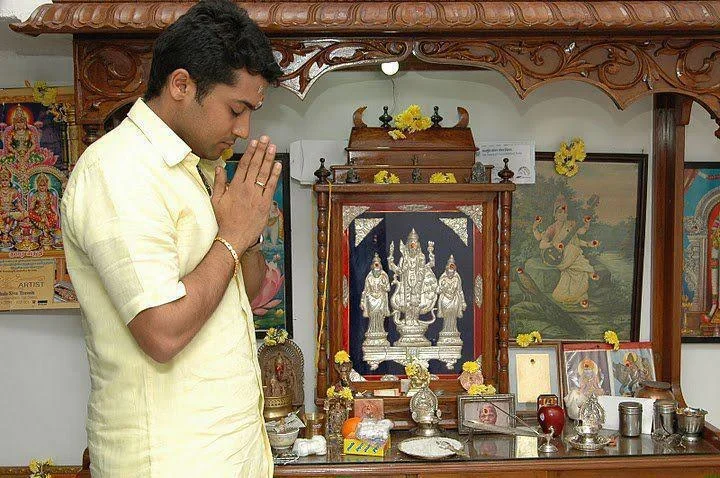V
vasumathi
Guest
Cremation is a good custom as it saves space and destroys thebacteria if ant in the deadbody. Most of the BRAHNINICAL PRACTICES ARE BASED ON SCIENCE ONLY WITH A RELIGIOUS COLOUR.
If the trend is an indication, even the nonhindus have to resort to burial as there is much pressure on space. Burial has its sentimental approach only.
sundararajan.
If the trend is an indication, even the nonhindus have to resort to burial as there is much pressure on space. Burial has its sentimental approach only.
sundararajan.

